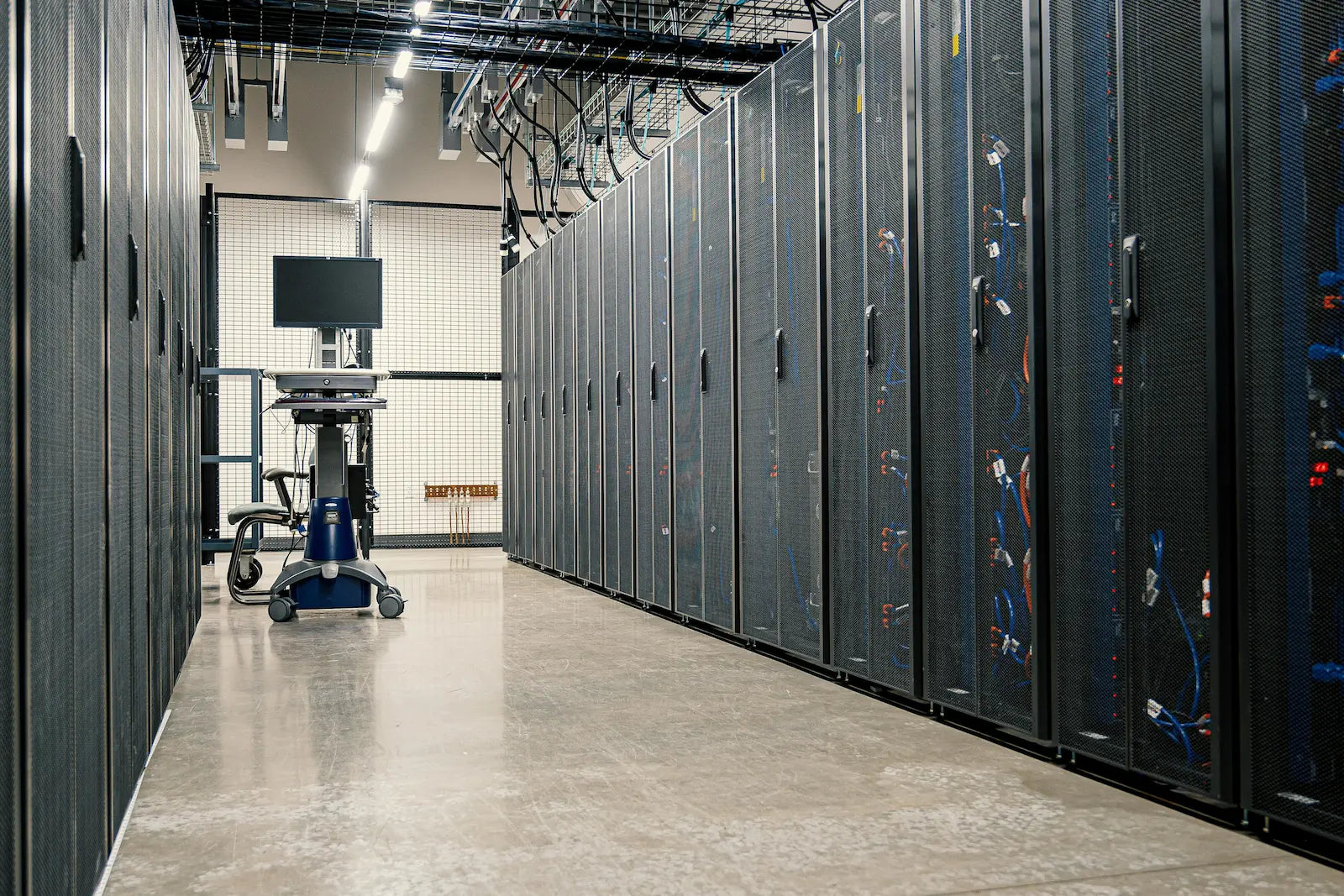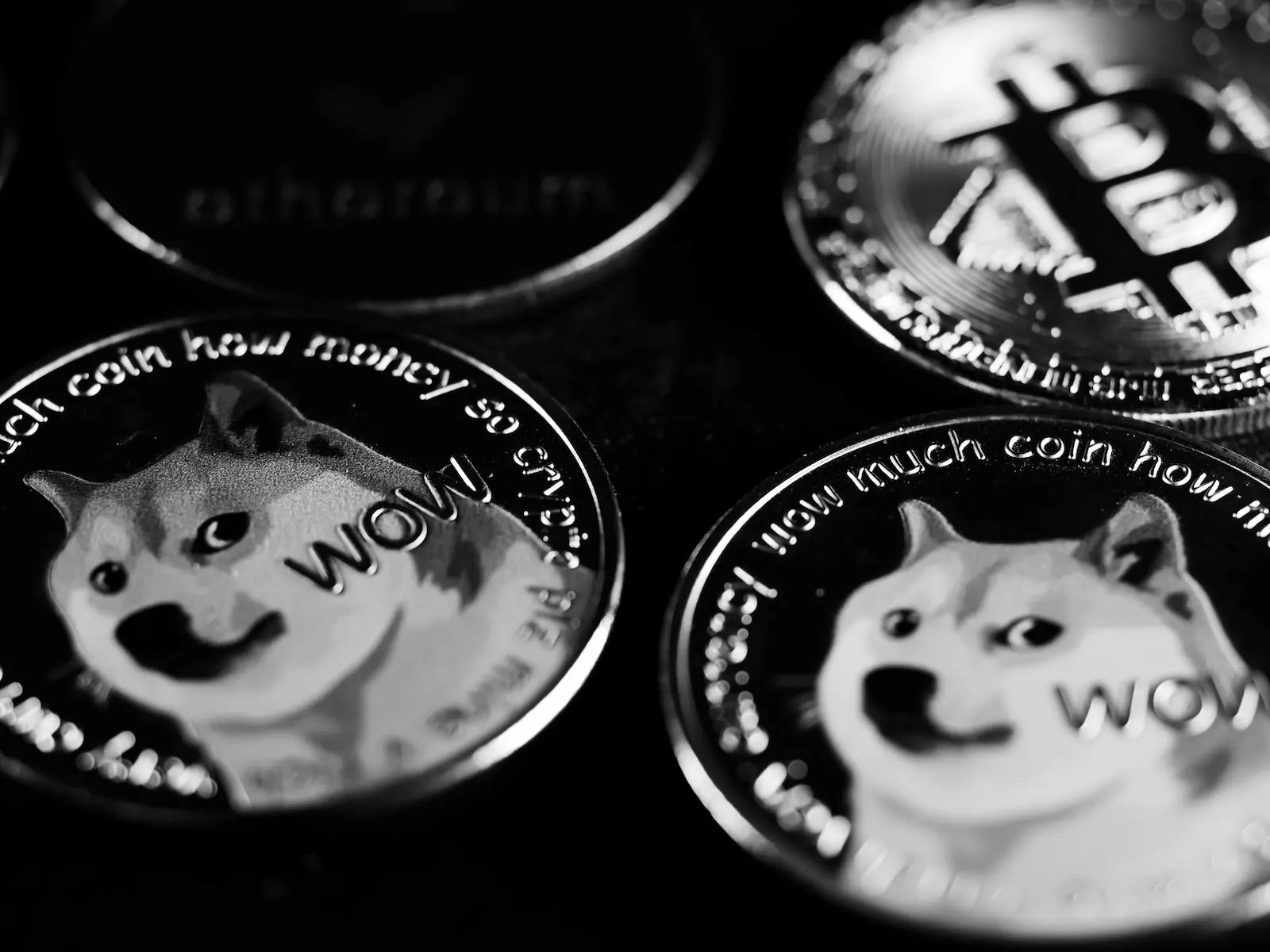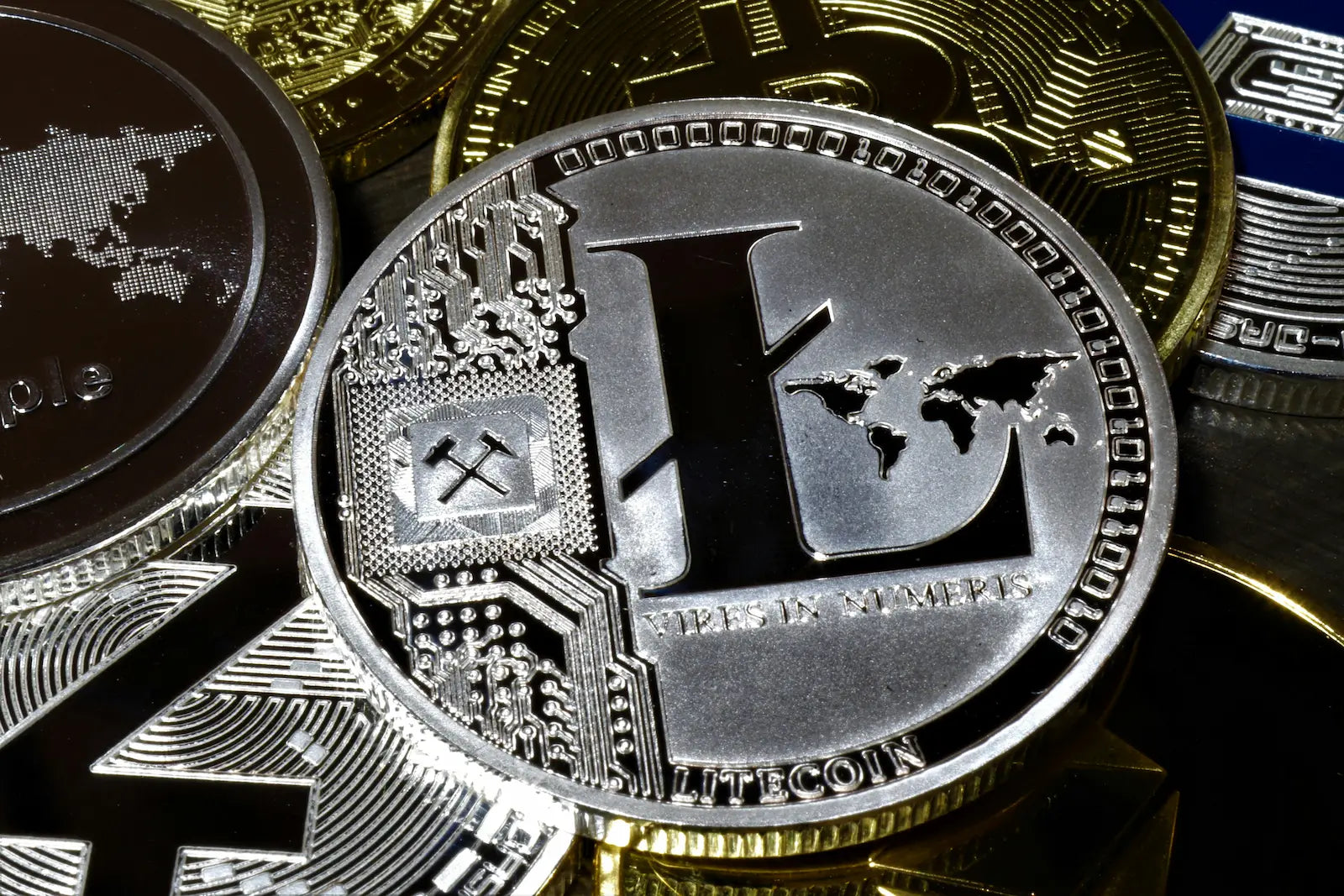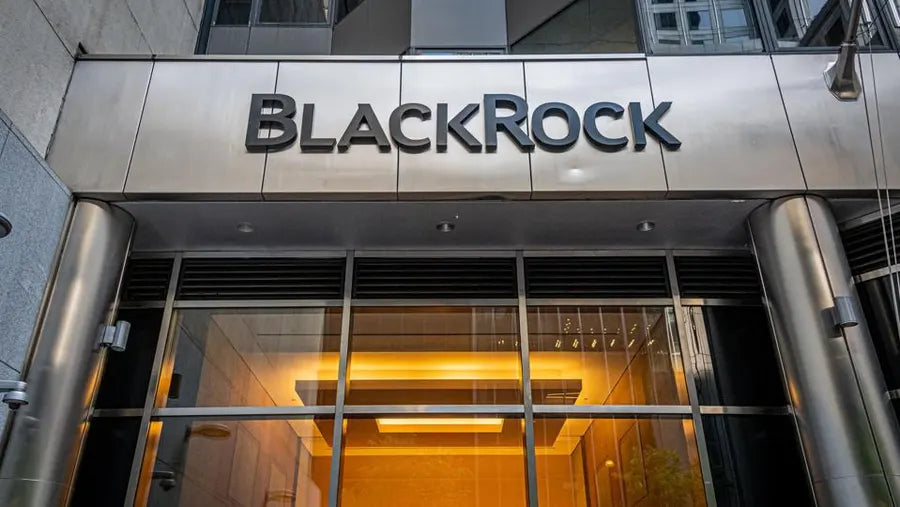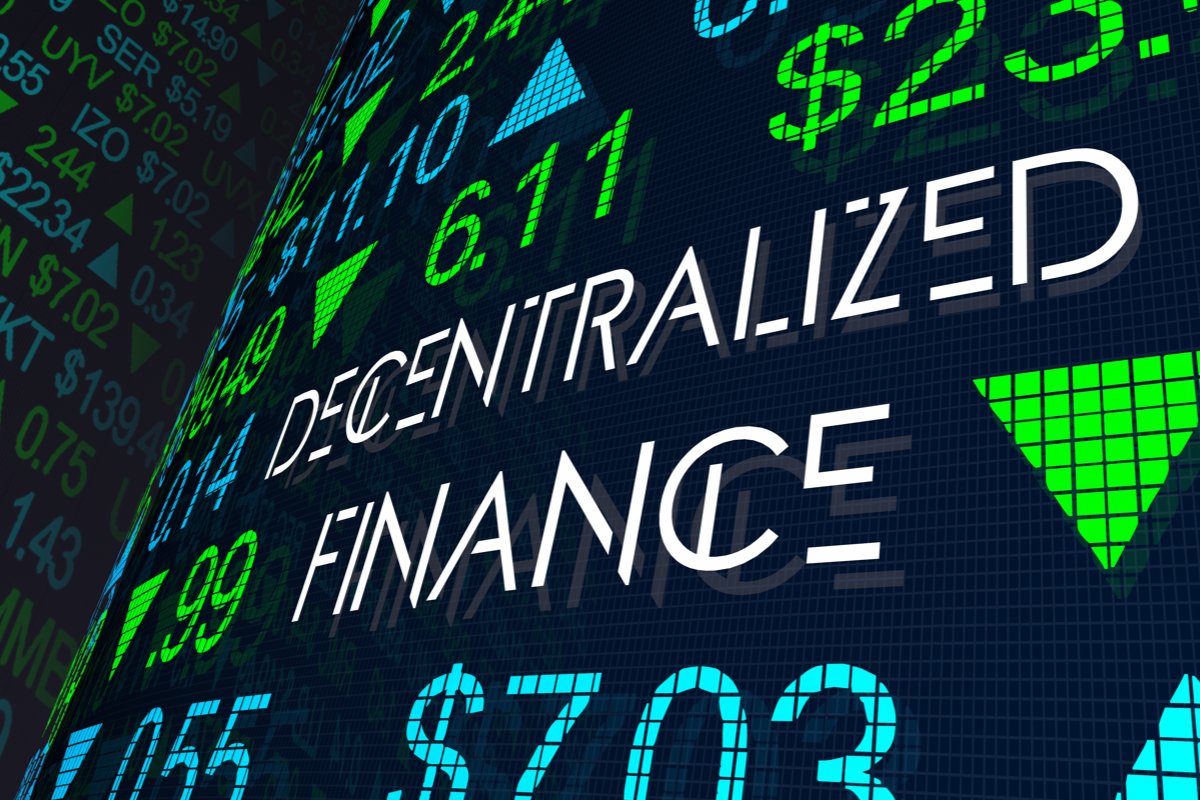Blockchain explained: How it works and why it is so important

The Blockchain - A groundbreaking technology
In today's digital era, blockchain technology has sparked a revolution that has fundamentally changed the way we conduct transactions and store data. In this article, we will take a deep dive into how this technology works and how it is transforming various industries.
Blockchain simply explained
Blockchain is essentially a distributed, decentralized digital database that tracks and stores transactions across a public or private network. Unlike traditional databases that are managed by a centralized body, blockchain is operated by a network of nodes, making it more transparent, secure, and resilient to tampering.
How does it work?
The way blockchain works is based on a set of cryptographic principles and algorithms. Essentially, a blockchain consists of blocks of data that are linked together to form a chronological sequence of transactions. Each block contains a unique checksum, called a "hash," which ensures the integrity of the data it contains.
When a transaction occurs, it is validated by participants in the network and compiled into a new block. This block is then appended to the existing chain of blocks, creating an immutable record of all transactions. Since any change to one block would require a change to all subsequent blocks, the blockchain is extremely robust against fraud and forgery.
Key features of the blockchain
- Decentralization : The blockchain is operated by a network of nodes, meaning that no central authority has control. This increases the security and transparency of transactions.
- Transparency : Since all transactions in the blockchain are publicly accessible, the technology is more transparent than traditional systems, which increases user trust.
- Security : The blockchain uses highly secure encryption techniques to ensure data integrity and prevent fraud.
- Immutability : Once entered into the blockchain, data cannot be changed or deleted, allowing for a reliable and immutable record of transactions.
Applications of blockchain technology
Blockchain technology has far-reaching applications beyond the financial sector.
Here are some examples:
- Cryptocurrencies : Bitcoin and other cryptocurrencies use the blockchain to enable secure and decentralized payments without the need for a central authority.
- Supply Chain Management : Blockchain can be used to track and monitor the supply chain, improving transparency and efficiency and increasing product safety.
- Healthcare : Using blockchain, medical data can be stored and shared securely and confidentially, improving interoperability between different healthcare systems.
- Digital Identity : Blockchain can be used to securely manage and validate digital identities, increasing user security and privacy.
This is how blockchain will accompany us in the future
Blockchain technology is still in its early stages of development, but its potential to transform various industries is enormous. With increasing adoption and integration into existing systems, blockchain will undoubtedly play a key role in the digital future. Blockchain is one of the most exciting technologies of the 21st century. Its unique features make it a powerful tool for creating secure, transparent and efficient systems. By continuing to explore and apply this technology, we can create a future characterized by trust, innovation and progress.
Note : This blog post is for informational purposes only and does not constitute financial advice. Investing in cryptocurrencies involves risks and it is important to do your research before making any investment decisions.
Are you interested in Bitcoin mining or other cryptocurrency projects?
Our experts at Blockmine are available to answer your questions and assist you with your investment decisions. Contact us for a no-obligation consultation and find out how you can benefit from the opportunities in Bitcoin mining.
Book a consultation now





